Post
A catch
Save a catch to start your fishing logbook. You will be able to to share it with the community if yo want!
A fishing trip
Post an ad to go fishing with other fishermen
Save a catch to start your fishing logbook. You will be able to to share it with the community if yo want!
Post an ad to go fishing with other fishermen
Share a thought, a question with the community
My favorite cities
×Join our 642 fishermen in Cupar-Muir in Fife. The fishing forecast is currently 3.3. The most caught fishes here are the turbot fish, the ling fish, the haddock fish and seabass. Come try the most famous fishing techniques like the trolling for wahoo, support fishing for black sea bream, tips on material to catch bass on plug from the shore or roubaix fishing.
Our fishing forecast of Cupar Muir indicates the best time to go fishing in this city.
The Turbot Fish
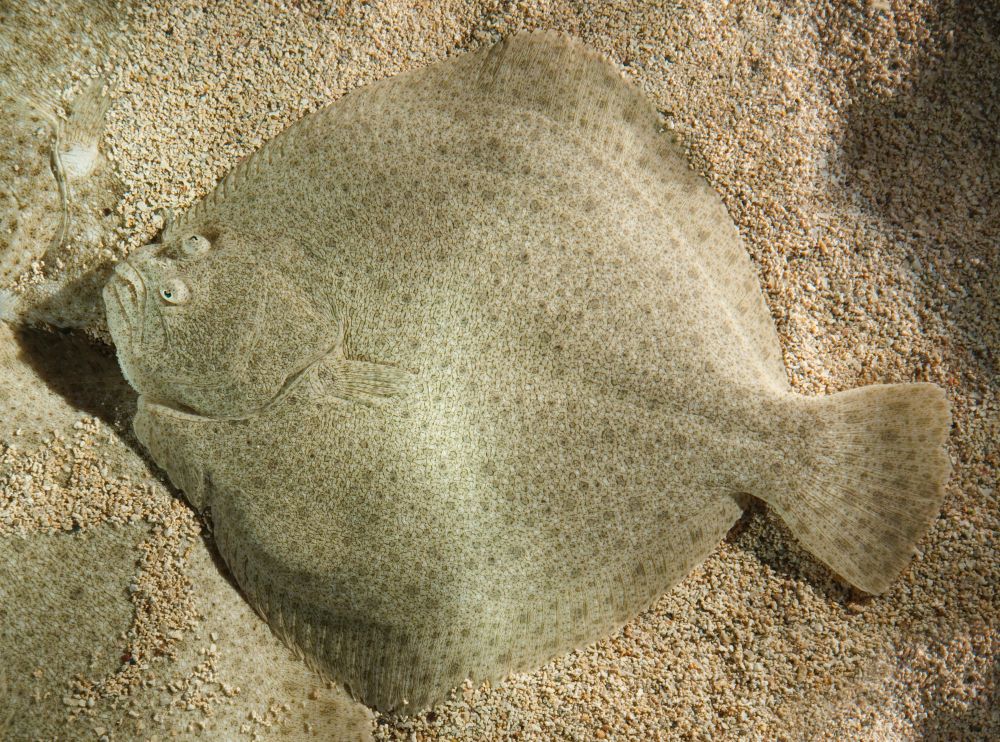
The turbot fish belongs to the Scophthalmidae family. When mature, the average size of the turbot is 30 to 60 cm. In general, males are smaller (35 cm) than females (42 cm). Some individuals can reach a maximum height of 1 m. An adult turbot weighs an average of 6 kg. Exceptionally, some specimens can weigh up to 25 kg. This fish has a long lifespan, the male can live up to 20 years while the female, up to 25 years The breeding period is between February and April. The female can lay up to 3 million eggs. Turbot is caught from January to May. The Turbot is a flatfish, left-handed or senestral, i.e. it rests on its right side (bottom side, blind) and has its left side facing upwards (top side). The origin of the dorsal fin is in front of the eye and its first rays are unbranched. The upper surface is covered with scattered bone tubers (transformed scales). This feature gives it its common name of studded. The eyes are relatively far apart (the distance between them is greater than the diameter of one eye). The lateral line is very curved at the pectoral fin. Like most flatfish, the livery is of variable color, in homochrome with the bottom. It can have many round white to black spots.
The Turbot Fish is a famous fish you can catch in Cupar Muir.The Ling fish
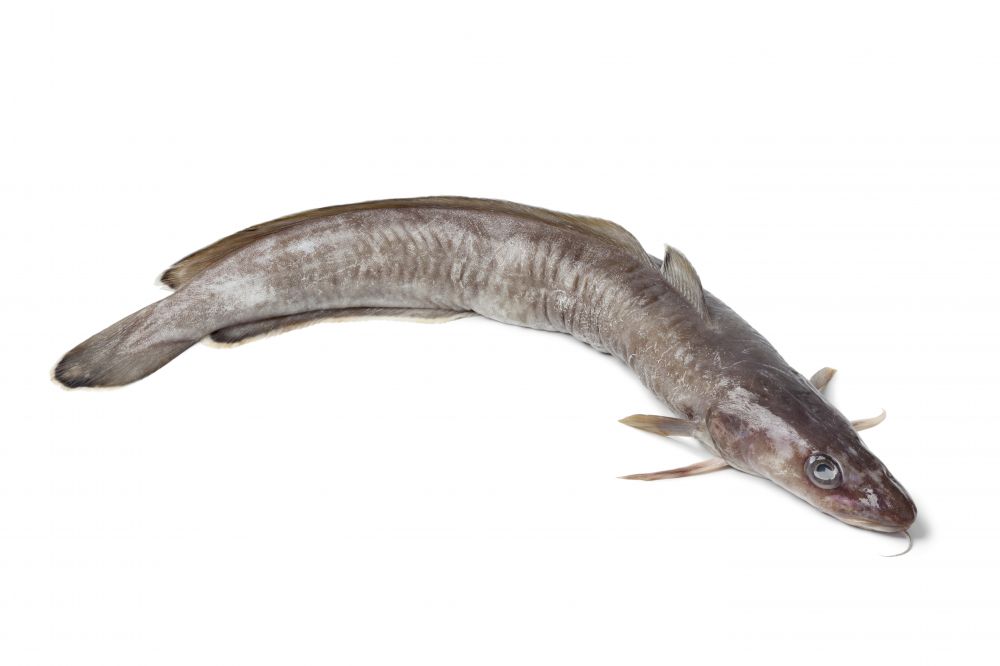
The Ling fish belongs to the Lotidae family. It generally measures 1.60 m in adulthood, but can reach a height of 2 meters and weigh up to 45 kg. Its longevity is estimated at 10 years for males and 14 years for females. Breeding takes place from March to July. The female can lay up to 60 million eggs. It can be fished all year round except in winter. The Ling has a cylindrical and very elongated body. The head is flattened with a prominent upper jaw. The fairly long chin barbell is larger than the diameter of the eye. This species has two dorsal fins and one anal fin. The first dorsal fin is shorter and often shows a black spot on the back, the second one runs the rest of the body to the tail. The black caudal fin has a white border on the tip. It is uniformly greenish brown in color, but slightly darker dorsally in adults. The young are often lighter, with its coloring more or less marbled orange.
The Ling fish is a famous fish you can catch in Cupar Muir.The Haddock fish
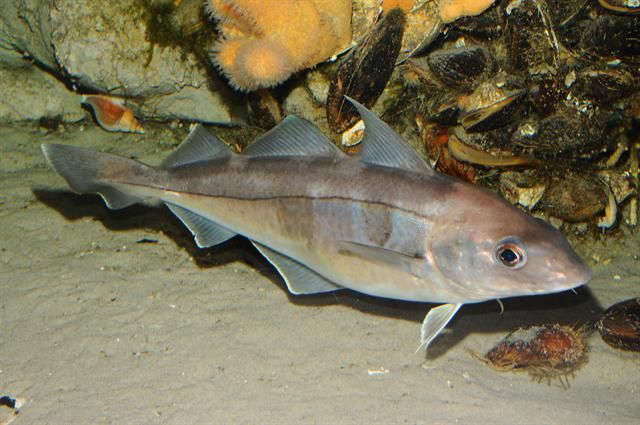
The Haddock fish belongs to the Gadidae family. The average size of haddock is 30 to 50 cm. It can measure up to 1.20 m and weigh up to 14 Kg and can live until the age of 20 years. It reproduces in spring. The female can respond to up to 3,000,000 eggs. This fish can be caught all year round outside of spawning periods. Like all coastal fish of which it is a part, haddock has three dorsal fins and two anal fins. Its body is more or less dark, crossed by a black lateral line and characterized by its silvery reflections. Its belly has a lighter shade on its back, it can be olive green and sometimes black. Two distinctive features for this fish: the black spot at the base of its pectoral fin and a small barbel on its lower jaw.
The Haddock fish is a famous fish you can catch in Cupar Muir.Seabass
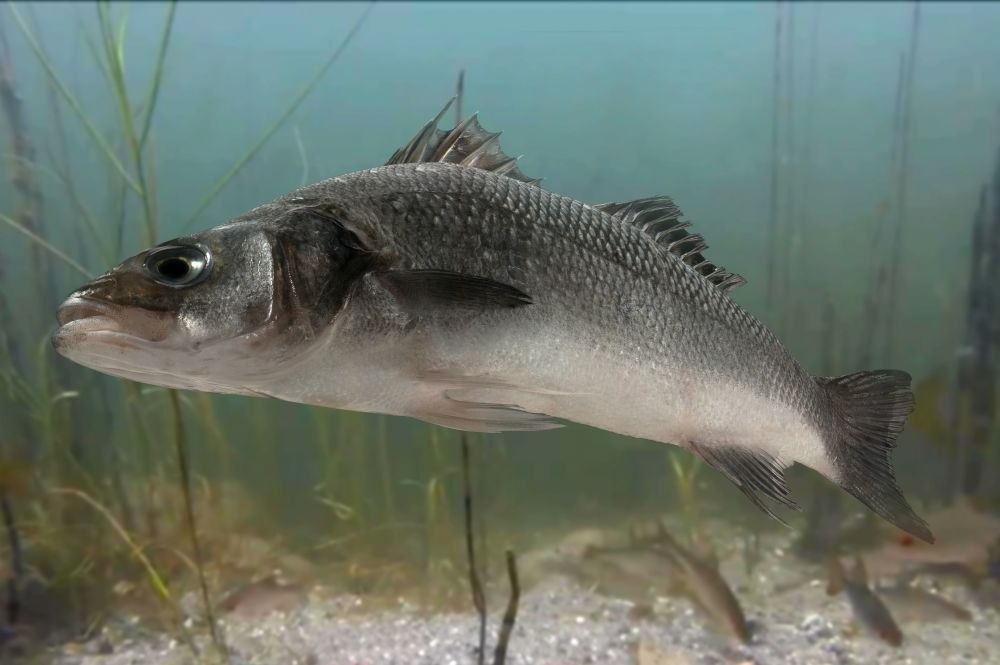
The Seabass belongs to the Moronidae family. Its size is usually between 70 and 80 cm (1.10 m maximum). The life expectancy of the seabass is variable: about thirty years in an aquarium, 24 years in Ireland, 6 years maximum most often in the Mediterranean. Breeding takes place between December and March or January to May depending on the location. The female lays 200,000 eggs at once. The body of this fish is elongated and slightly compressed. The two dorsal fins (the first thorny and the second soft) are well separated and have almost the same length and height. The anal fin is composed of 10 soft rays preceded by 3 thorny rays. The caudal peduncle is quite elongated and the caudal fin is indented, with an upper lobe often slightly longer than the lower lobe. The pectoral fins are short. The upper part of the head is quite straight, the upper jaw is a little shorter than the lower jaw. The operculum may have a more or less visible black spot in its posterior upper part. The scales are small in size but clearly visible. The lateral line is slightly arched in the front part of the body. The back is grey in color, the sides are lighter, with yellowish or silvery reflections. The pectoral and ventral fins are yellowish white; the others are darker. Mostly in young individuals, black spots may be present in the dorso-ventral region.
Seabass is a famous fish you can catch in Cupar Muir.The Conger Eel
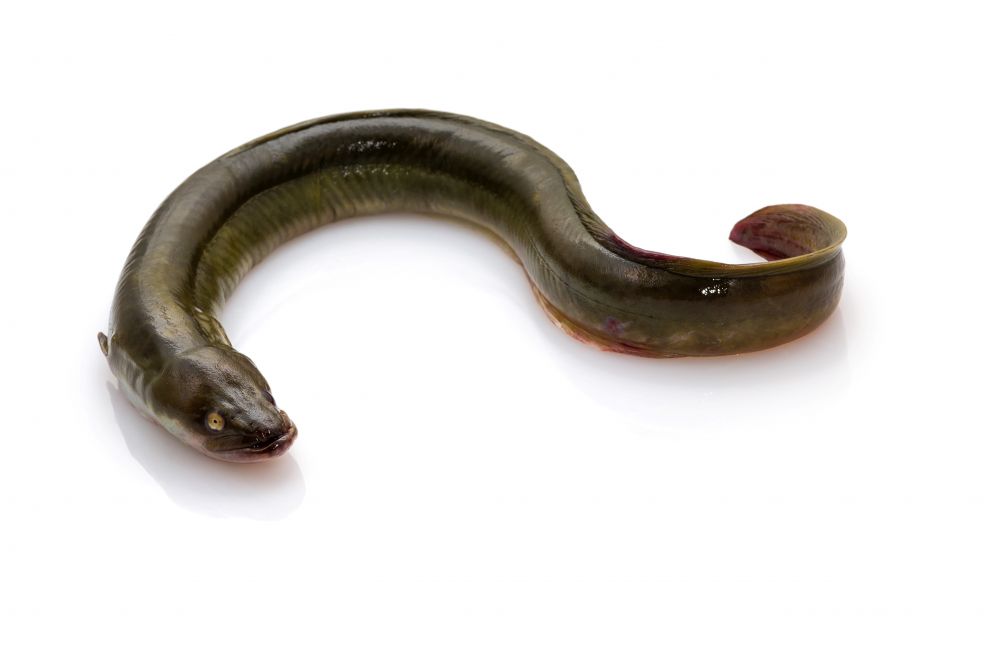
The Conger Eel belongs to the Anguillidae family. Its average size is 40 to 150 cm for an average weight of 4 kg. It has a life span of 50 years old. They breed from spring to summer. The best period to fish for Conger Eel is from April to September at night. Snake-shaped, oval body and the rear part is vertically compressed. The skin is relatively thick and covered with mucus that covers the scales. The lower jaw is longer than the upper and the nostrils are tubular. The dorsal and anal fins merge with the caudal fin and this all forms a single continuous fin that starts well behind the pectoral fins. There is no pelvic fin. Back brown-green with yellowish belly for yellow eel but back black with silver belly for silver eel. It turns black with a silver belly in silver eels for individuals ready to migrate to the Sargasso Sea.
The Conger Eel is a famous fish you can catch in Cupar Muir.Our fishing forecast of Cupar Muir indicates the best time to go fishing in this city.
Our fishing forecast of Cupar Muir indicates the best time to go fishing in this city.
Our fishing forecast of Cupar Muir indicates the best time to go fishing in this city.
